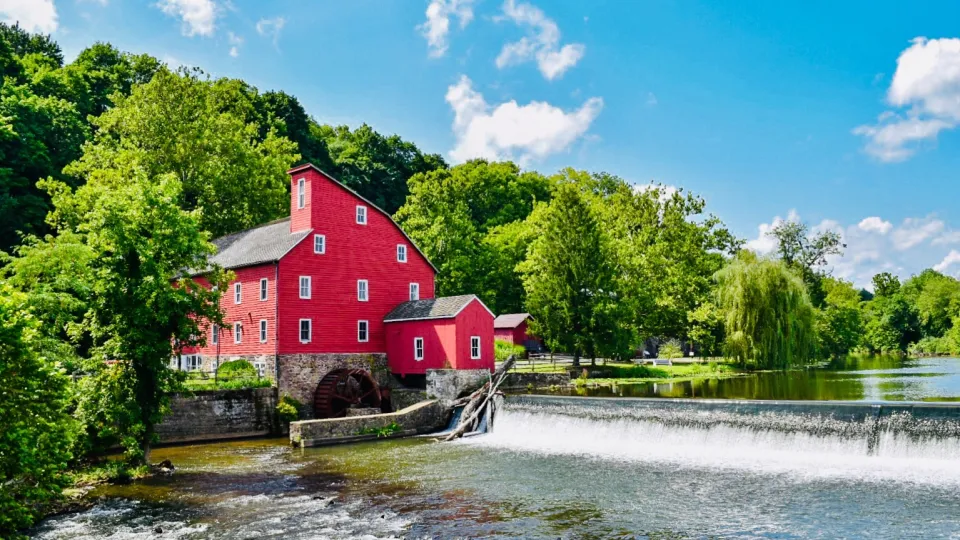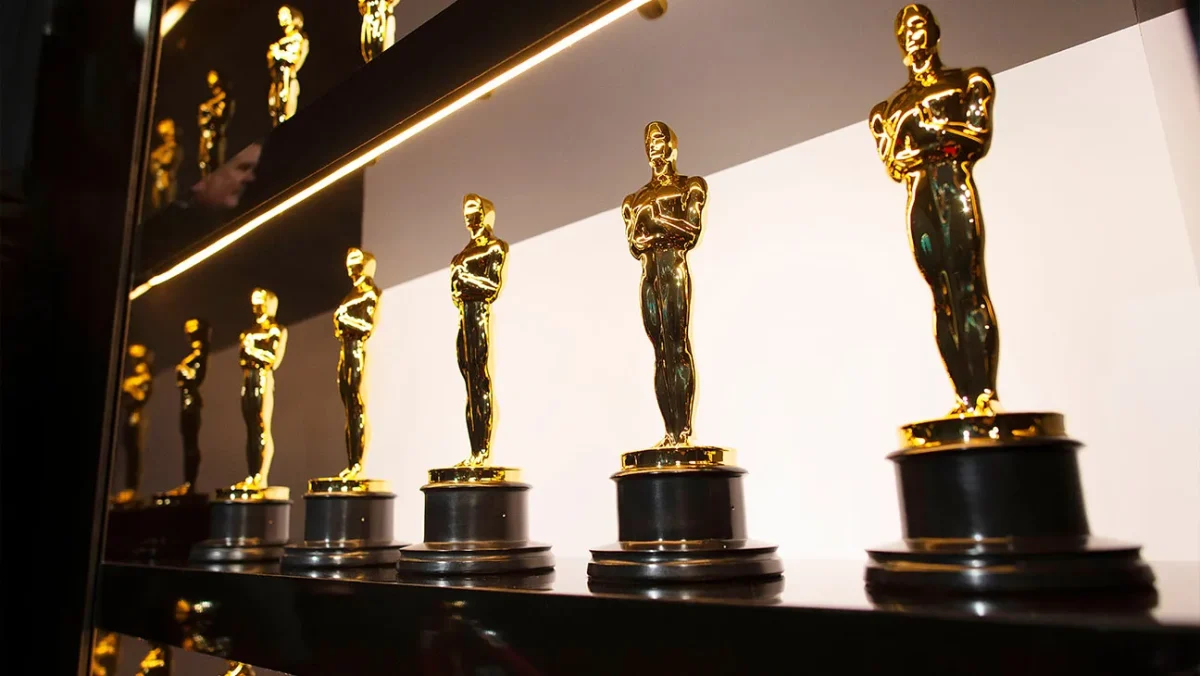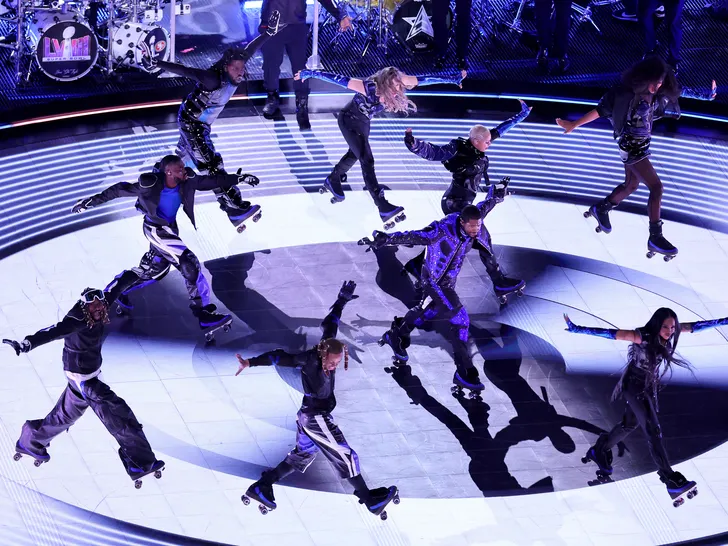Affirmative action, also known as positive discrimination, is the practice of considering a student’s characteristics, like race, gender, and wealth, during the admissions process. In higher education, it is used to diversify college rosters, assisting historically marginalized communities. On June 29, 2023, the US Supreme Court ruled in two separate lawsuits (Students for Fair Admissions Inc. v. Harvard College and Students for Fair Admissions Inc. v. University of North Carolina) that race-based affirmative action was unconstitutional, dividing the country. No matter what one’s opinions on affirmative action are, many prospective college students have to consider the overturning when submitting their applications.
Amelia Bronhard-Yates, a senior, provides her opinion on the matter: “On one hand, it’s a step towards making the college admissions process equal for people from all demographics, but there’s also this idea that there are certain communities that are favored or not favored depending on certain statistics surrounding them. I think that there’s some value to being able to support communities that have less privilege, while on the other hand, there’s a fine line between doing so and taking away opportunities from other people. So, it’s complicated. I think, perhaps, the intentions [of affirmative action] were good, but I think that it’s fixing a problem by remedying one of the symptoms rather than going back to the source. Given that other measures are taken to support the communities that affirmative action was attempting to help, I think that the removal is justified.”
Even then, the decision remains a complicated and controversial issue. For example, equity versus equality has been disputed for years, and affirmative action is no different. To some, it is discrimination based on characteristics not under one’s control. To others, it is a boon for underprivileged students who don’t have access to the same education as more privileged scholars. To students like Amelia and me, it is a flawed system that had good intentions but never addressed the issues it sought to remedy. I think any system that makes it so that I feel more comfortable checking “prefer not to say” instead of my actual race, ethnicity, or sexuality is one that needs to be reworked.
As a cishet (cisgender and heterosexual) white male, it is important to acknowledge that the removal of race-based affirmative action is largely beneficial for me. However, it is difficult to understand why this decision was made and what the change means for a Hunterdon Central student. Amelia states that “there are certain things that are happening behind closed doors that we don’t necessarily know about and that I don’t think can be controlled.” That’s one of the key takeaways here, as Amelia states, “There’s a lot of different factors that go into college admissions processes”, and we don’t know what will happen. We don’t know whether the banning of race-based affirmative action will lead to any major changes in the other factors considered in affirmative action, whether the Supreme Court ruling will be effective in “ending” race-based affirmative action, or how our acceptance rates change. College admissions are notoriously secretive and vary by university. Everybody in Hunterdon Central has a different story and background. Some students are immigrants, while others have lived here their whole lives. Every person has a different home life, personal stories, interests, goals, and college lists. It is impossible to summarize the diverse student body here, so trying to understand the implications of the SCOTUS decision for everybody would be futile.
Amelia believes that “based on the current political climate, I would expect it [affirmative action] to remain banned.” While many students may have changed what boxes they check or don’t check off of their college applications post-affirmative action, she did not, stating, “I think, at the end of the day, you just have to try your best. That’s part of the process, and I think that a lot of people have accepted that.”
I think that’s the bottom line here. We can’t change how college admissions work or overturn Supreme Court rulings. We just have to do what we always did: work hard, do what we can to make ourselves look as attractive as possible to colleges, and hope that we are accepted. It’s up to us to take charge of our destiny and set ourselves up for future success, despite decisions made out of our control. That part of the college admissions process is never going to change.
Works Cited
https://apnews.com/article/supreme-court-affirmative-action-college-race-f83d6318017ec9b9029b12ee2256e744#:~:text=WASHINGTON%20(AP)%20%E2%80%94%20The%20Supreme,to%20achieve%20diverse%20student%20bodies






